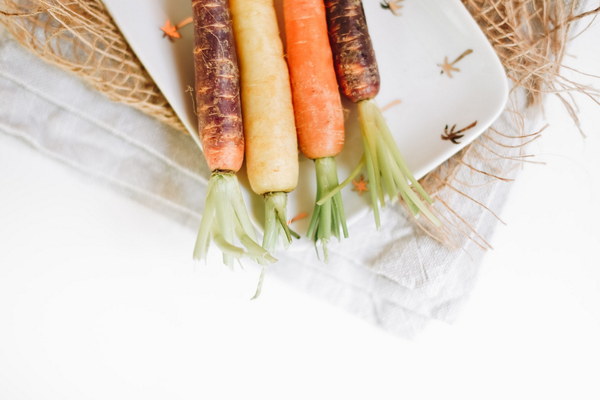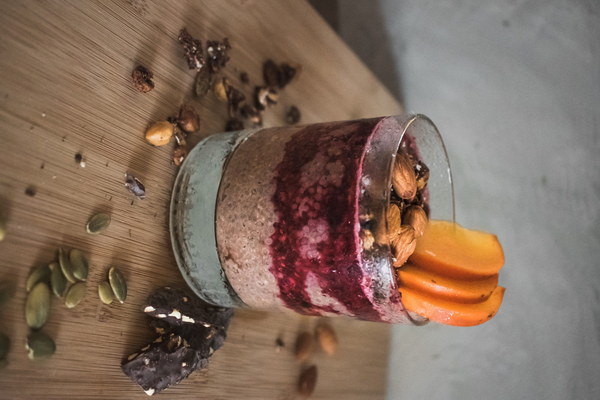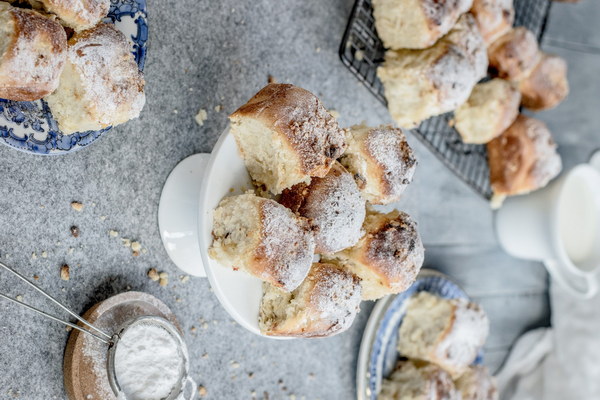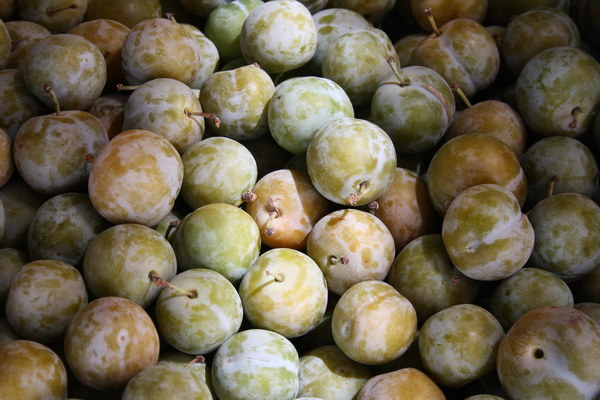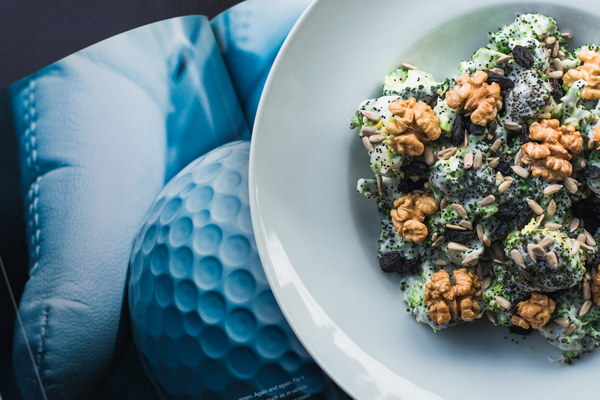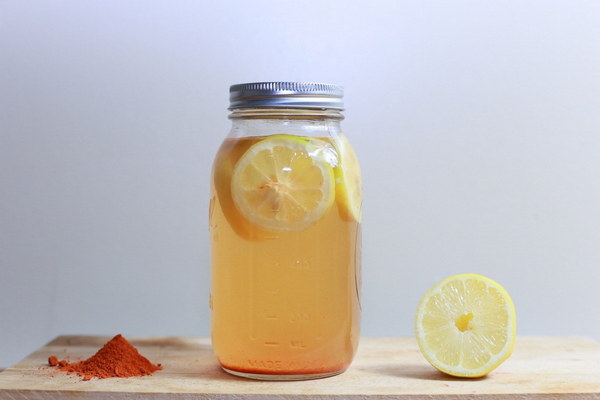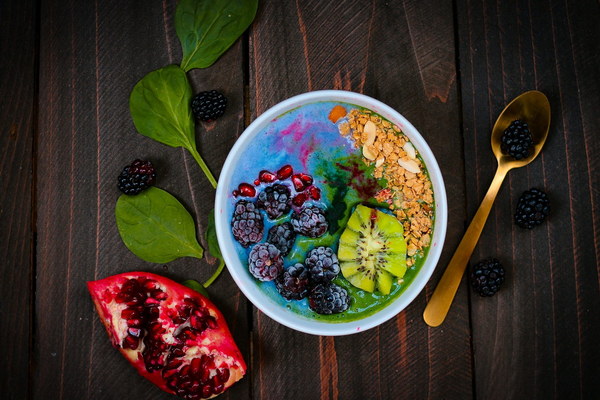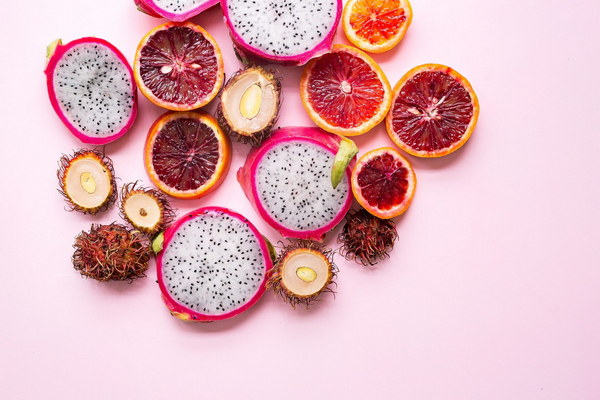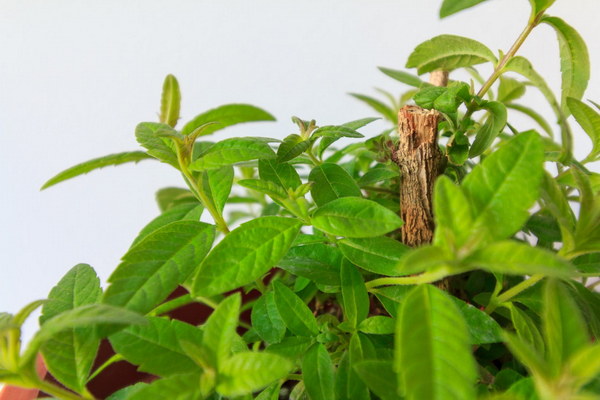PostDynastic Health Regimens Nurturing the Body After the Qing Dynasty
In the wake of the Qing Dynasty's fall, the remnants of the imperial court sought solace and rejuvenation through a myriad of health regimens. These post-dynastic practices, deeply rooted in traditional Chinese medicine, aimed to restore balance and vitality to the bodies of those who had once enjoyed the luxury of imperial life. This article delves into the various methods adopted by the Qing elite to maintain their health and well-being after the fall of the empire.
The first and foremost health regimen was the emphasis on diet. The imperial chefs, now freed from their royal duties, turned their skills to creating nourishing dishes that would promote longevity and vitality. These meals were rich in nutrients, with a balance of proteins, carbohydrates, fats, vitamins, and minerals. A common practice was to include a variety of sea vegetables, such as seaweed and kelp, which were believed to have detoxifying and rejuvenating properties. Fruits and vegetables, especially those with cooling properties, were also favored to counteract the heat and stress that had accumulated during their time in the court.
Another critical aspect of post-dynastic health was the practice of tai chi and qigong. These ancient Chinese exercises, which focus on cultivating inner energy (qi) and promoting physical and mental balance, became integral to the daily routines of the Qing elite. Tai chi, with its slow, deliberate movements, was particularly favored for its ability to reduce stress and improve flexibility. Qigong, on the other hand, was practiced to enhance the flow of qi within the body, leading to improved health and vitality.
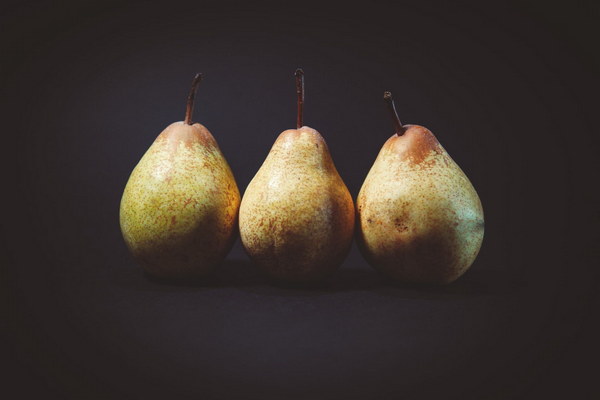
Herbal medicine played a significant role in the post-dynastic health regimens as well. The Qing elite, having access to an extensive knowledge of Chinese herbs, utilized these natural remedies to treat various ailments and promote overall well-being. Common herbs included ginseng, codonopsis, and astragalus, which were believed to boost the immune system and enhance vitality. Acupuncture, another component of traditional Chinese medicine, was also employed to balance the body's energy and alleviate pain.
In addition to these practices, the Qing elite took great care in their personal hygiene and environment. Bathing regularly was considered essential for maintaining good health, and the use of natural soaps and scented oils was prevalent. The imperial gardens, once the exclusive domain of the royal family, became places for relaxation and rejuvenation. Walking in the gardens, surrounded by lush greenery and blooming flowers, was believed to have a calming effect on the mind and body.
The mental aspect of health was not overlooked either. The Qing elite sought to cultivate a positive mindset through meditation and mindfulness practices. By focusing on the present moment and letting go of past regrets or future worries, they aimed to achieve inner peace and balance. This mental fortitude was seen as essential for maintaining physical health and longevity.
In conclusion, the post-dynastic Qing elite employed a wide array of health regimens to nurture their bodies after the fall of the empire. These practices, which encompassed diet, exercise, herbal medicine, personal hygiene, and mental well-being, were deeply rooted in traditional Chinese medicine and aimed to restore balance and vitality. While the imperial era may have come to an end, the health regimens developed during this time continue to influence modern Chinese health practices, reminding us of the timeless wisdom of ancient traditions.

